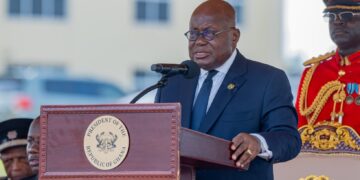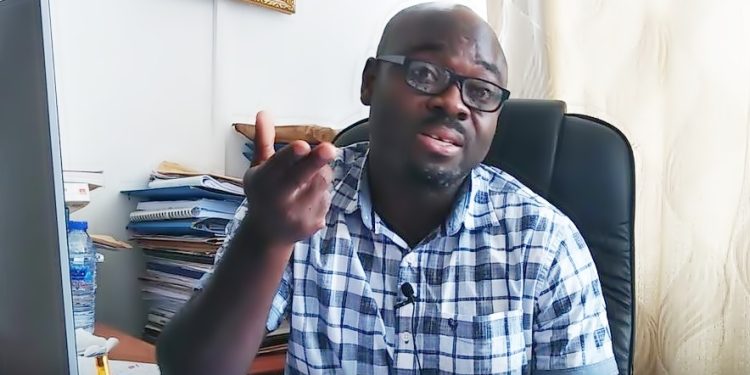Professor Lord Mensah, a finance lecturer at the University of Ghana Business School, worries that the government’s difficulties to reduce debt levels to a manageable level may worsen Ghana’s already waning investor confidence.
The economist made these remarks in response to the International Monetary Fund’s (IMF) most recent quarterly report, which ranked Ghana as Africa’s top borrower of IMF loans.
Prof. Mensah, who links the situation to Ghana’s ongoing propensity for IMF balance of payment support over funding for commercially viable projects, warns that the nation runs the risk of being in a precarious position.
“I am not surprised at all because anytime we go to the IMF, we go for a bailout. Compared to other countries that borrow for a purpose and invest in areas where they can get the cash flows and repay the loan, Ghana borrows for balance of payment support whereby we do not see any physical activity.”
Per the report, Ghana’s debt at the IMF increased by 35 over the period under consideration which translates into 9.55 percent of the 17.68 billion Special Drawing Rights in total loans still owed by African countries to the Fund.
“This is debt information so anybody dealing with Ghana will be careful because the ability to pay dents is determined by the quantum of the money one owes. This ranking which puts Ghana as the highest IMF borrower in Africa means that if you are dealing with Ghana in terms of extending funds to, you will have to be careful and possibly if its Foreign Direct Investment, one will have to look at the debt will affect the stability of the exchange rate”, Prof. Mensah added.
Out of the five categories of largest outstanding loans as of July 31, 2023, Ghana’s Special Drawing Rights (SDR) stood at $1.689 billion, higher than the $1.246 billion SDR recorded as of April 30, 2023.
Ghana had repaid SDR 8 million to the IMF as SDR 1 equals US$1.34294.














